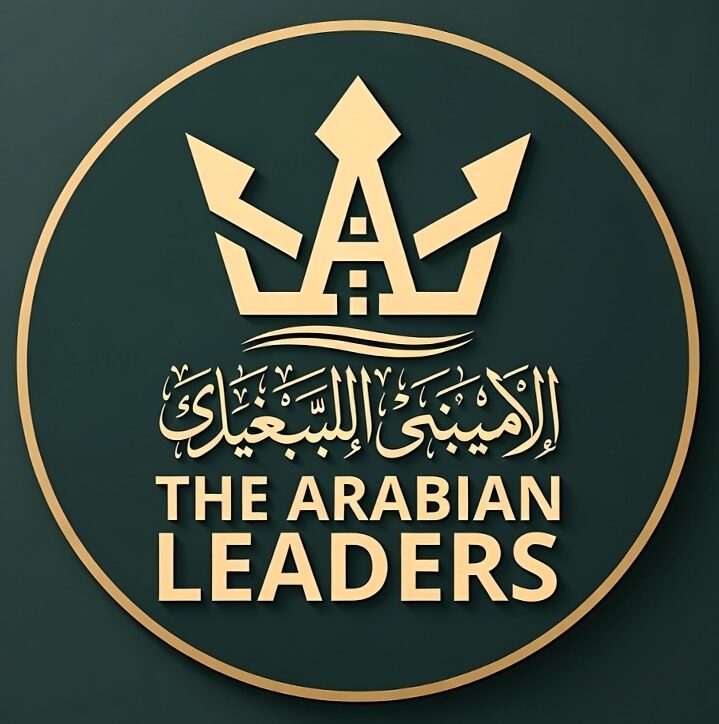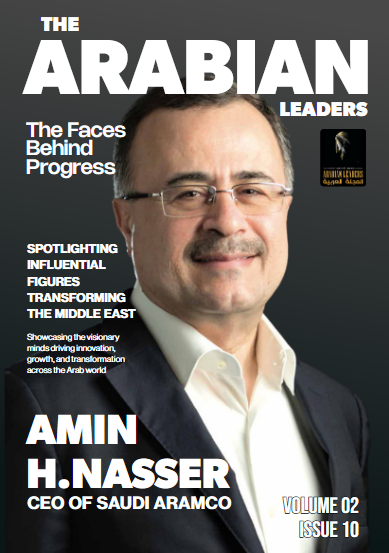In the arena of global soft power, few currencies hold greater influence today than sports. It is the universal language of passion, unity, and identity. Recognizing this potent influence, the Public Investment Fund (PIF) of Saudi Arabia has set its sights on the world’s most revered and followed sporting arenas—not merely to play the game, but to redefine its rules. Whether it’s a resounding entrance into football through the acquisition of Newcastle United, or its high-octane involvement in Formula 1, PIF’s foray into global sports is not just financial—it is strategic, symbolic, and transformative.
Under the guidance of Crown Prince Mohammed bin Salman, PIF has expanded beyond conventional industries into the emotionally-charged realm of sports, deploying capital in ways that inspire cultural shifts, boost global influence, and project a revitalized image of Saudi Arabia on the world stage.
Football: More Than a Game, A Global Megaphone
The world’s most beloved sport—football—is also a $600 billion industry and the ultimate platform for global visibility. In 2021, when the PIF-led consortium officially acquired Newcastle United Football Club, the news sent shockwaves through the Premier League and the wider football ecosystem. The purchase was not merely a commercial move—it was a statement. Saudi Arabia was stepping onto the global football stage, not as a spectator, but as a stakeholder.
Newcastle United, steeped in heritage but underperforming for years, suddenly found itself under the stewardship of the world’s most well-capitalized sovereign wealth fund. With PIF holding 80% ownership, the club began a transformational journey—revamping infrastructure, overhauling management, and attracting top-tier talent both on and off the pitch. Within two seasons, Newcastle moved from a relegation battle to UEFA Champions League qualification, a remarkable turnaround that underscores PIF’s ability to deliver performance and prestige in tandem.
Yet the acquisition served more than club success. It symbolized Saudi Arabia’s entry into the European football narrative, injecting Gulf capital into a historically Western-dominated sphere. It also opened the gates for bilateral cooperation, sports tourism, and cultural diplomacy between the UK and the Kingdom.
The LIV Golf Parallel: Disrupting the Sports Status Quo
Though this article focuses on football and motorsports, it’s important to acknowledge the LIV Golf venture as an essential parallel in PIF’s sporting strategy. Much like with Newcastle United, PIF’s launch of LIV Golf was a bold challenge to the status quo, taking on the established PGA Tour with new formats, prize structures, and a player-first approach.
The eventual agreement for unification between LIV and PGA signals PIF’s growing influence—not just as a participant, but as a disruptor capable of rewriting entire industry models. This blueprint is now being used in football and Formula 1.
Formula 1: High Speed, High Stakes, High Visibility
Few sports match the global reach and prestige of Formula 1. With a cumulative viewership surpassing 1.5 billion annually across 20+ countries, it represents one of the most elite sporting stages on the planet. Saudi Arabia’s embrace of F1—spearheaded and supported financially through PIF—demonstrates a multi-pronged approach to visibility, tourism, and urban transformation.
The inaugural Saudi Arabian Grand Prix, held in Jeddah in 2021, wasn’t just a race—it was a spectacle. With PIF’s backing, Saudi Arabia was able to offer state-of-the-art circuits, high-end hospitality, and a globally televised event that beamed images of modern skylines and cultural dynamism into millions of households.
Behind the glamor lies deep strategic intent. PIF’s alignment with Formula 1 extends into infrastructure, logistics, and even potential team ownership in the future. These steps are not accidental—they are part of Vision 2030’s goal to make the Kingdom a global destination for sports, tourism, and innovation.
With the planned Qiddiya motorsport circuit and ambitions to host future marquee F1 events in Riyadh, PIF is laying the groundwork for long-term dominance in motorsport hospitality and media rights, positioning Saudi Arabia as a central node in the F1 calendar.
Hosting the World: Mega Events and Multipliers
Football and Formula 1 are just the start. PIF is strategically supporting Saudi Arabia’s bids for global sporting events, including:
- The 2034 FIFA World Cup, which the Kingdom is set to host.
- The 2029 Asian Winter Games in NEOM’s Trojena.
- The ongoing series of boxing title fights, WWE events, and eSports tournaments.
These events are not random. They are deeply tied to PIF-backed infrastructure projects like NEOM, Qiddiya, Red Sea Global, and the Sports Boulevard. Each event acts as a multiplier—justifying new transport systems, hotels, arenas, and digital ecosystems.
Soft Power and Nation Branding: The Real Endgame
All these sporting investments serve a higher purpose—soft power elevation. For decades, Saudi Arabia was viewed through a narrow lens, often shaped by oil, geopolitics, or religion. Through sports, PIF is helping rewrite that narrative.
Ownership of an English football club, broadcasting the Saudi Grand Prix, or organizing record-breaking boxing matches does more than attract tourists—it reshapes perceptions. Suddenly, the world sees Saudi Arabia not as a desert nation of the past, but as a dynamic, future-oriented country that’s open, ambitious, and globally integrated.
It also boosts domestic confidence. With young Saudis now attending Formula 1 races, supporting their favorite football club abroad, or aspiring to be athletes themselves, PIF’s investments inspire a generation and foster national pride.
Economic Diversification in Real Time
Sports is not just a cultural exercise—it’s a business. The sports industry is projected to reach $800 billion globally by 2030, and PIF wants a serious slice of that pie. Revenue from broadcasting rights, licensing, sponsorships, and tourism feeds directly into Vision 2030’s non-oil GDP goals.
Through its Sports Development Fund and collaboration with global sports bodies, PIF is building a pipeline for local leagues, sports academies, and athlete training centers. This creates jobs, enhances infrastructure, and builds entirely new sectors of the economy.
Talent Magnet: Attracting the Best Through Sports
By investing in world-class events and leagues, PIF is also attracting global talent. Whether it’s F1 engineers relocating to Jeddah, football coaches training local clubs, or content creators covering sporting events, the Kingdom is slowly becoming a talent magnet.
Sports academies, vocational training centers, and university scholarships tied to PIF’s sports ventures are creating a fertile ground for both domestic and international professionals. This, in turn, supports PIF’s broader goals of digital transformation, entrepreneurship, and global integration.
Pre-Conclusion: A New Global Playbook
PIF’s foray into global sports is not about scoreboards—it’s about statecraft. It is a calculated strategy that marries economics, diplomacy, culture, and identity into a single arena. Through football, the Kingdom gets access to Europe’s most loyal fanbases. Through Formula 1, it captures tech-savvy, high-income audiences worldwide. Through hosting mega-events, it creates a canvas on which the new Saudi narrative is painted.
In every decision—from acquiring Newcastle United to building circuits in the desert—the logic is clear: sports equals power. Not the coercive kind, but the persuasive, inclusive kind. It is how nations win hearts and headlines in the modern world.
And PIF, guided by Crown Prince Mohammed bin Salman’s long-term vision, is not just playing the game. It’s setting the standard.








